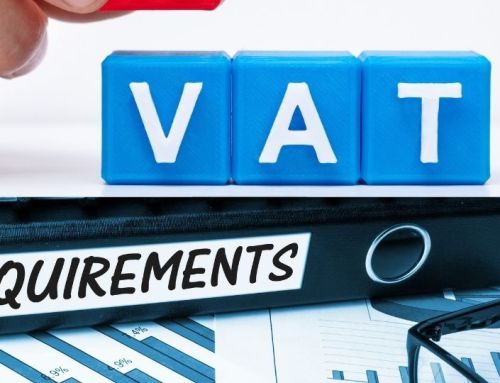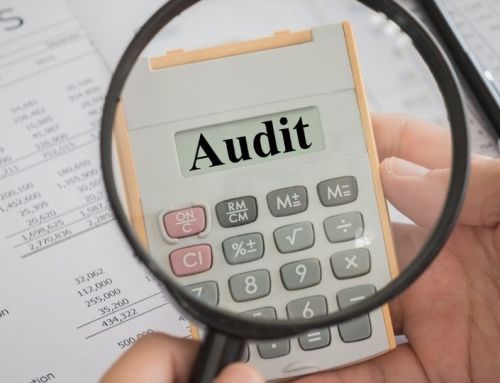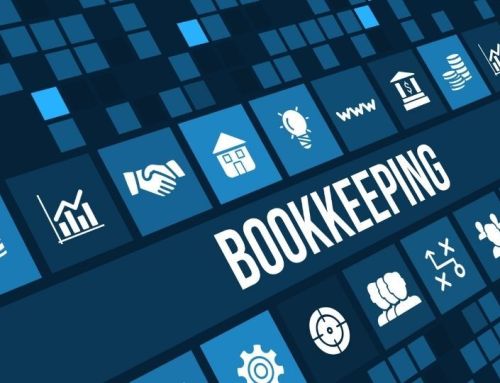Value Added Tax (VAT) is a fundamental part of business operations in the UK, yet it remains one of the most misunderstood areas of taxation. Many businesses, both small and large, often fall prey to common misconceptions about VAT, which can result in costly mistakes or missed opportunities for savings. In this article, The Taxcom aims to address these misconceptions, clarify essential details, and help businesses better understand their VAT obligations.
What is VAT?
Before diving into the common VAT misconceptions, it’s essential to understand what VAT actually is. VAT is a consumption tax placed on goods and services at each stage of production or distribution. Businesses collect VAT on behalf of the government, and it’s ultimately paid by the end consumer.
Many businesses, both small and large, often fall prey to common misconceptions about VAT, which can result in costly mistakes or missed opportunities for savings. In this article, The Taxcom aims to address these misconceptions, clarify essential details, and help businesses better understand their VAT obligations.

At The Taxcom, we often encounter confusion about VAT rules, thresholds, and responsibilities. Now, let’s clear up some of the most common VAT misconceptions.
VAT misconceptions 1: VAT is Only for Large Businesses
One VAT misconceptions is that VAT registration only applies to large companies. In reality, any business with an annual turnover exceeding £85,000 must register for VAT. Smaller businesses can also choose to register voluntarily.
Smaller businesses can also choose to register voluntarily. This means that even freelancers, small retailers, and service providers should keep a close eye on their turnover to ensure they comply with VAT regulations. Voluntary registration can also be a strategic decision, as it allows smaller businesses to reclaim VAT on purchases and build credibility with larger clients.
The Taxcom advises small business owners to consider voluntary registration if they expect rapid growth, as it can offer advantages like reclaiming VAT on business expenses.
Misconception 2: VAT-Registered Businesses Lose Money
Some business owners believe they will lose money by registering for VAT. However, VAT-registered businesses can claim back VAT on their purchases, which often balances out the VAT charge or Reverse VAT charge to their customers.
At The Taxcom, we guide businesses on how to manage VAT efficiently to prevent unnecessary financial loss.
Misconception 3: All Goods and Services Are Subject to VAT
Not every product or service is subject to VAT. In the UK, items such as most food products, children’s clothing, and books are either zero-rated or exempt. some services, such as education and healthcare, may also be VAT-exempt. Understanding the difference between standard-rated, reduced-rated, zero-rated, and exempt supplies is essential for accurate VAT calculations and compliance.

The Taxcom regularly helps clients identify which goods and services fall under these categories to ensure accurate VAT reporting.
Misconception 4: VAT Rates Are the Same Across Europe
While the VAT system is standardised across the EU in principle, each country has its own VAT rates and regulations. For instance, the UK has standard, reduced, and zero rates. For instance, the UK has standard, reduced, and zero rates. Countries within the EU may apply different standard rates, and reduced rates might vary significantly based on the type of goods or services. Businesses operating internationally must be aware of these differences to avoid incorrect VAT charges.
At The Taxcom, we assist businesses in understanding cross-border VAT implications to avoid compliance issues.
Misconception 5: VAT Returns Are Only Submitted Annually
Some business owners mistakenly believe VAT returns are only required once a year. In reality, most VAT-registered businesses must file returns quarterly. Quarterly submissions provide a clearer picture of a business’s financial health and ensure VAT payments are spread out rather than accumulating into one large annual payment. Missing deadlines for quarterly VAT returns can result in fines and penalties.
The Taxcom emphasises the importance of accurate quarterly filings to avoid penalties and fines.
Misconception 6: Digital Services Are Exempt from VAT
There is a common myth that there is no VAT on digital services, like software or online courses. In fact, they are subject to VAT, and the rate depends on the location of the customer.

At The Taxcom, we help digital businesses understand their VAT liabilities across different jurisdictions.
Misconception 7: VAT is Only Charged on Goods
Another frequent misunderstanding is that VAT only applies to physical goods. In reality, VAT is also applicable to services, including consulting, legal services, and event management. Service providers must ensure they charge the correct VAT rate on their invoices and properly account for VAT on all billable services.
The Taxcom advises service-based businesses on properly charging and recording VAT.
Misconception 8: You Don’t Need to Keep Detailed VAT Records
Proper VAT record-keeping is crucial. Businesses must maintain detailed records of VAT collected and paid to ensure compliance. These records should include invoices, receipts, and VAT returns. Digital tools and accounting software can simplify this process and reduce the risk of errors.
At The Taxcom, we stress the importance of digital tools and software to simplify VAT record management.
Misconception 9: VAT Payments Are Always Due Immediately
Some businesses worry about cash flow, believing VAT payments must be made instantly. However, VAT payments are usually made quarterly after filing returns. This allows businesses time to manage their cash flow effectively and plan for payments without disrupting operations. Businesses should always set aside the collected VAT amount to avoid financial strain during payment deadlines.

The Taxcom helps clients plan their cash flow to meet VAT obligations without disrupting operations.
Misconception 10: VAT Mistakes Aren’t a Big Deal
Many businesses underestimate the consequences of VAT errors. Mistakes in VAT calculations or late submissions can lead to significant fines. This allows businesses time to manage their cash flow effectively and plan for payments without disrupting operations. Businesses should always set aside the collected VAT amount to avoid financial strain during payment deadlines.
At The Taxcom, we ensure clients’ VAT returns are accurate and submitted on time to avoid penalties.
How The Taxcom Can Help
Understanding VAT rules can be challenging, but The Taxcom is here to simplify the process. We offer tailored advice and practical solutions to ensure businesses comply with VAT regulations while minimising their tax burden.
Key Services Provided by The Taxcom:
- VAT registration assistance
- VAT return preparation and submission
- VAT audits and compliance checks
- Advice on cross-border VAT rules
By working with The Taxcom, businesses can focus on growth while leaving their VAT concerns in capable hands.
Final Thoughts on VAT Misconceptions
Misunderstanding VAT can lead to costly mistakes, missed savings, and unnecessary stress. The good news is that with the right guidance from professionals like The Taxcom, businesses can confidently navigate the complexities of VAT.
If you’re unsure about your VAT obligations or need expert assistance, don’t hesitate to reach out to The Taxcom. Together, we can ensure your business stays compliant and financially efficient.
The Taxcom – Simplifying VAT for UK Businesses!
Table of Content

Our Content Writing Team boasts a proven track record of crafting engaging and impactful content that drives success and achieves results.














